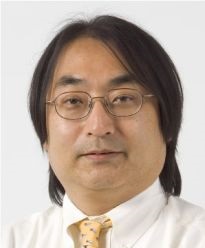Innovation Separation Technology Makes a major contribution to achieving Carbon Neutral
Abstract
The energy and chemical industry’s environment has changed dramatically since the Japanese government declared its goal of achieving carbon neutrality by 2050 at the end of 2020. New and significant challenges are piling up that cannot be solved by conventional methodologies alone, such as energy reduction throughout the supply chain and value chain, intensive use of renewable energy, and a circular economy that aims for horizontal recycling of resources such as metal resources and plastics.
New research and development, which will be the driving force of process innovation, should not be conducted purposively for specific applications after a project proposal has been decided upon. To realize a carbon-neutral society in 2050, it is necessary to systematically list critical technologies by back casting from the ideal (desired) state in 2050 and to develop discontinuous technologies and implement them in society at a considerable speed, not an extension of forecasting. We have discussed promising research themes from a professional standpoint by first-line volunteers (researchers and engineers) from industry, academia, and government and the potential contribution of these themes to society in 2050. In combination with novel reaction technologies, the separation process consumes about 40% of the energy of the entire chemical process. Although it is difficult to predict costs in 2050, the energy consumption of the process should be determined in principle by thermodynamics. Developing new separation technologies with low energy intensity will undoubtedly contribute significantly to carbon neutrality. In this presentation, I would like to introduce some examples of the potential contribution of new separation technologies and processes to carbon recycling technologies, such as carbon dioxide utilization.

Speaker: Dr. Masahiko Matsukata
Waseda University, Japan
Department of Applied Chemistry
| Meeting ID: | 667 8052 2899 |
| Passcode: | 2360 |